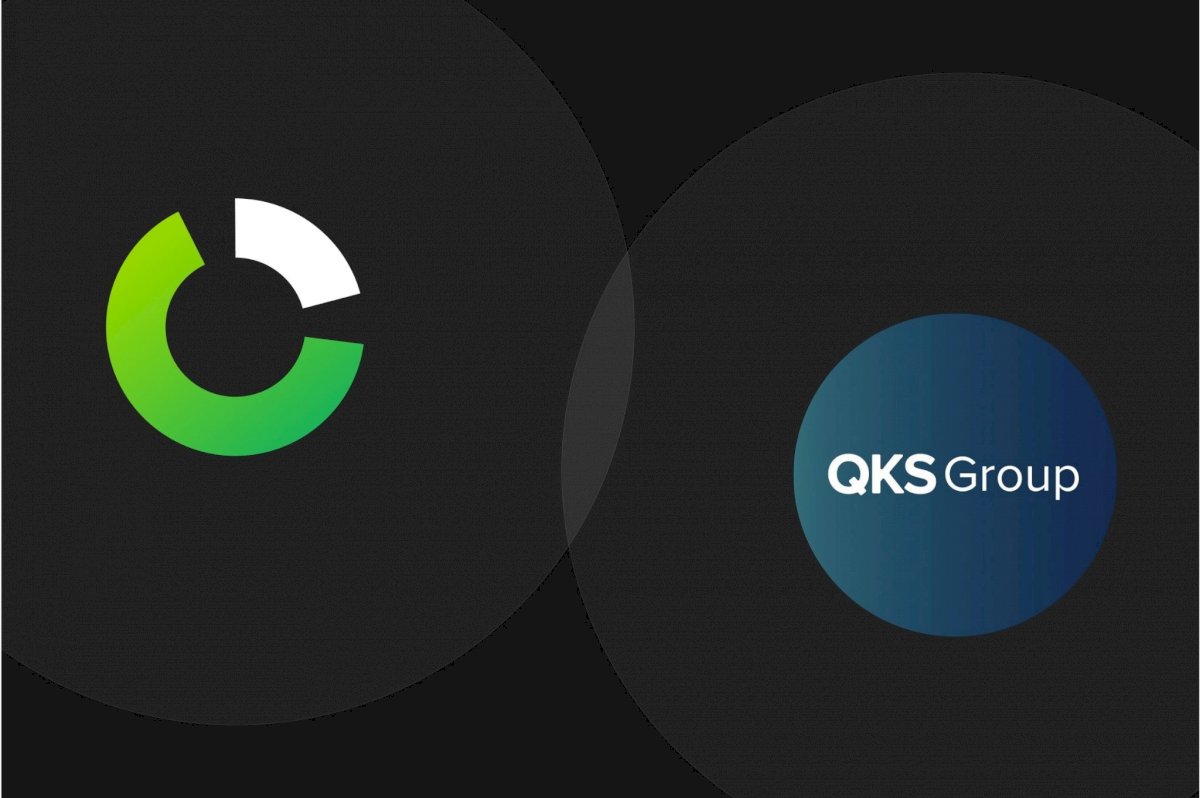Below is a summary of our interview with Barrie Carmel. You can listen to the full interview using the embedded media player below or on your favorite podcast platform (e.g., Apple Podcasts, Spotify, or Amazon Music).
In this episode of Pricing Heroes, we sit down with Barrie Carmel, a pricing, margin, and revenue management consultant with more than 30 years of experience, including senior leadership roles at Bed Bath & Beyond and Michaels. Barrie’s journey from foodservice to retail pricing leadership has given her a unique perspective on balancing action and precision, managing customer perception, and navigating the industry’s increasing scrutiny.
Our conversation explores how pricing leaders can maintain customer trust in a world of dynamic adjustments, manage the operational realities of retail pricing, and prepare for a future shaped by AI and regulatory oversight.
From Foodservice to Retail Pricing Leadership
Barrie describes herself as an “accidental pricer,” having started in merchandising at Reinhart Foodservice before being reassigned to margin management. What seemed like a detour became the foundation of a career-long philosophy: always price to the right customer.
“In foodservice, what is right for a pizza shop is different from what’s right for a bar and grill,” she explained. “It comes down to selling the right items to the right customers at the right price.”
This principle, born in a B2B setting with little transparency, carried forward into her later work at major retailers where transparency and customer perception became defining challenges.
The Coupon Dilemma and Generational Shifts
At Bed Bath & Beyond, Barrie faced the tension between loyal legacy customers and younger shoppers with no patience for coupons. The famous “20% off” paper slip once defined the brand, but it no longer resonated in an era of online price comparisons and digital convenience.
“The next generation doesn’t understand the coupon. ‘What do you mean I need a piece of paper?’ That’s not how they live. It’s not how they shop,” she said.
The difficulty wasn’t just mechanics — it was about identity. Was the company trying to protect its traditional customer base or win over the next generation? Barrie stressed that it was nearly impossible to do both simultaneously.
Managing Promotions and Margin Recovery at Michaels
When Barrie joined Michaels in 2021, her immediate challenge was to navigate post-pandemic cost spikes while protecting customer trust. She and her team identified key value items (KVIs) in each business line and held their prices steady, even when costs soared, while increasing prices on less visible SKUs.
“We raised 26,000 prices in six weeks and customers didn’t even notice — that was the goal,” she recalled. “If you’re doing it right, you protect the things customers care most about and rebalance elsewhere.”
Promotions were equally important but had to be disciplined. Barrie emphasized that the cadence and depth of promotions matter more than blanket discounting. “It’s hard to drive traffic without promotions,” she said, “but shallow or poorly timed discounts only confuse the customer.”
Trust, Fairness, and the Public Scrutiny of Pricing
One of the strongest themes of the conversation was how pricing is perceived in today’s climate of public and political scrutiny. Whether it’s dynamic pricing, electronic shelf labels, or regulatory probes into “surveillance pricing,” retailers often lose control of the narrative.
“At Bed Bath, we were making more than 100,000 online price changes a day, and more than 75% were downward,” Barrie explained. “But the public hears ‘dynamic pricing’ and thinks surge pricing. That’s not what good retailers are doing.”
On electronic shelf labels, she pushed back against sensational headlines. “This isn’t about gouging the customer. It’s about accuracy and freeing up labor so associates can focus on service,” she said. For her, communication and transparency are key: customers should understand when pricing decisions are made in their interest.
Pricing Leadership: Influence Without Authority
In Barrie’s view, effective pricing leaders win through influence, not mandates. Building credibility with finance, merchants, and operations is essential to drive adoption.
“Never upset your CFO. Rule number one,” she joked, explaining how aligning pricing changes with financial objectives helps secure top-level support.
She also stressed the importance of finding internal evangelists — partners willing to experiment with price tests and prove success. “Get that one guinea pig merchant who knows something’s broken and wants to try a new approach. When it works, they’ll become your biggest advocate,” she said.
Her advice: always frame discussions in customer-centric terms. “When you phrase it as ‘the customer needs this,’ it changes the conversation. It’s no longer about politics — it’s about doing the right thing.”
The Future of Pricing: AI, Regulation, and Human Judgment
Looking ahead, Barrie believes that compliance pressures will grow, particularly around reference pricing and fairness. “Pricing law at the federal level hasn’t been written since 1967,” she noted.
“Things have changed a little since then.” She expects litigation at the state level to push reform, pointing to cases like Oregon’s $107 million settlement against Safeway for unfair BOGO pricing.
AI, she said, presents both opportunity and risk. While automation can help analyze massive datasets, human judgment remains irreplaceable. “If you are just a spreadsheet jockey, you are in trouble,” Barrie warned. “But if you are building strategy and trust with the customer, pricing has a strong future.”
She also urged caution with data. “Your data is your number one competitive advantage. Never release it into the wild,” she said, advocating for secure, boxed-in AI systems that uncover patterns without risking proprietary information.
Recommended Resources
Barrie shared a mix of literary and business inspirations:
- Player Piano by Kurt Vonnegut — “It’s about a future in which automation takes over the world. Seems a little more relevant now.”
- Dombey and Son by Charles Dickens — novels she calls “moments in time” that still resonate today.
- Predictably Irrational by Dan Ariely — “That book changed everything for me. Every business book after that was disappointing.”






